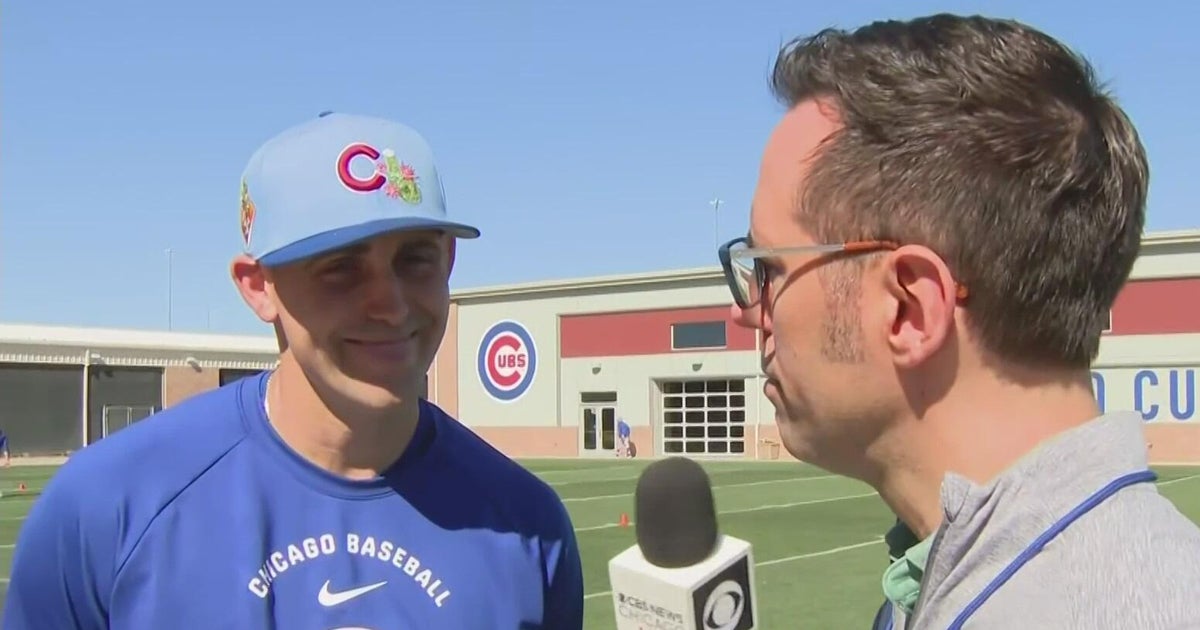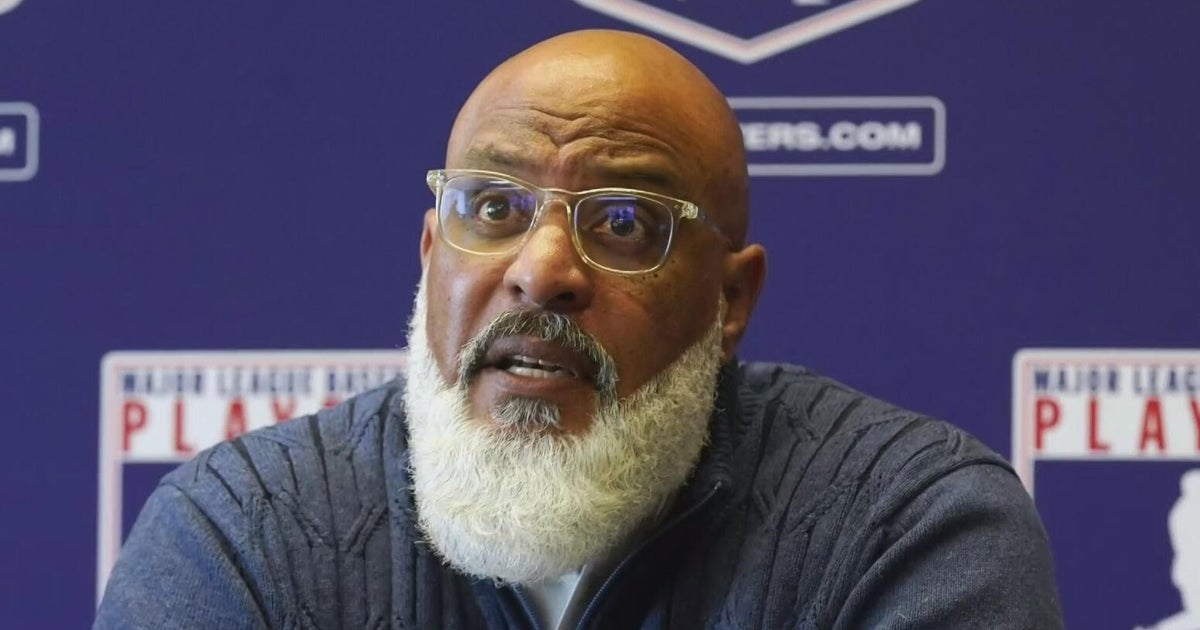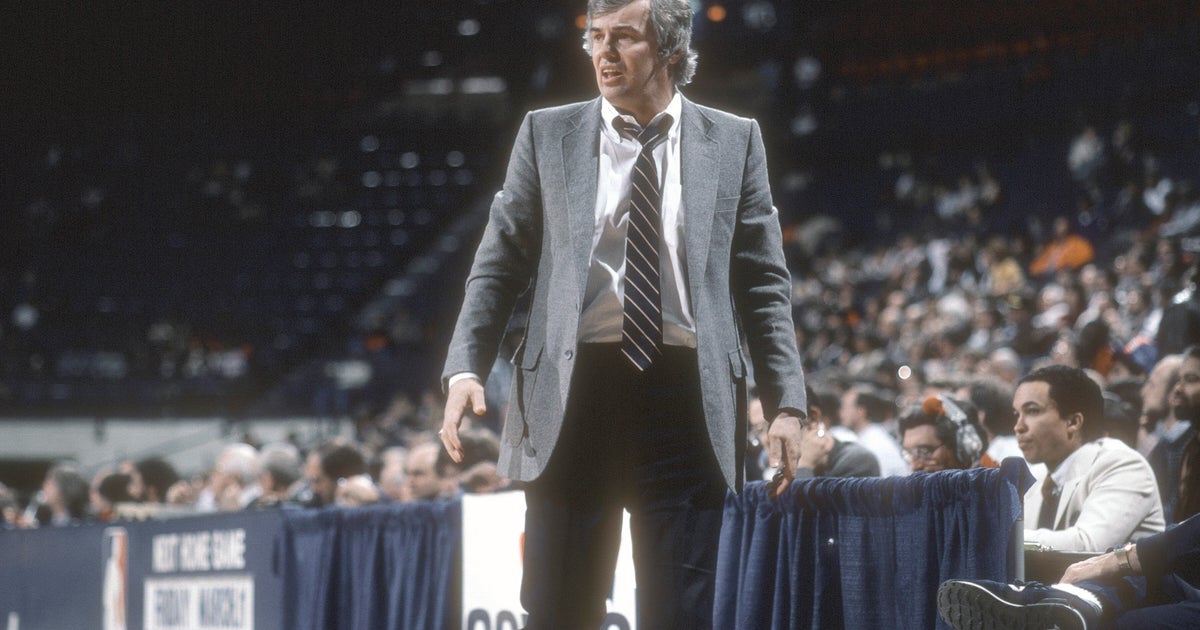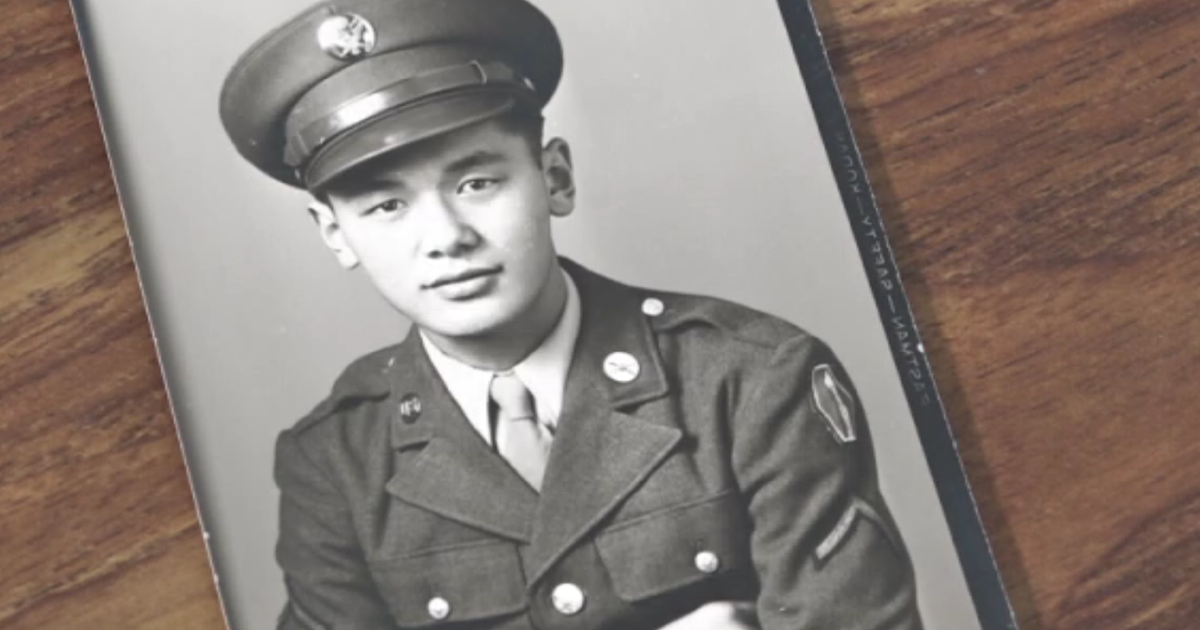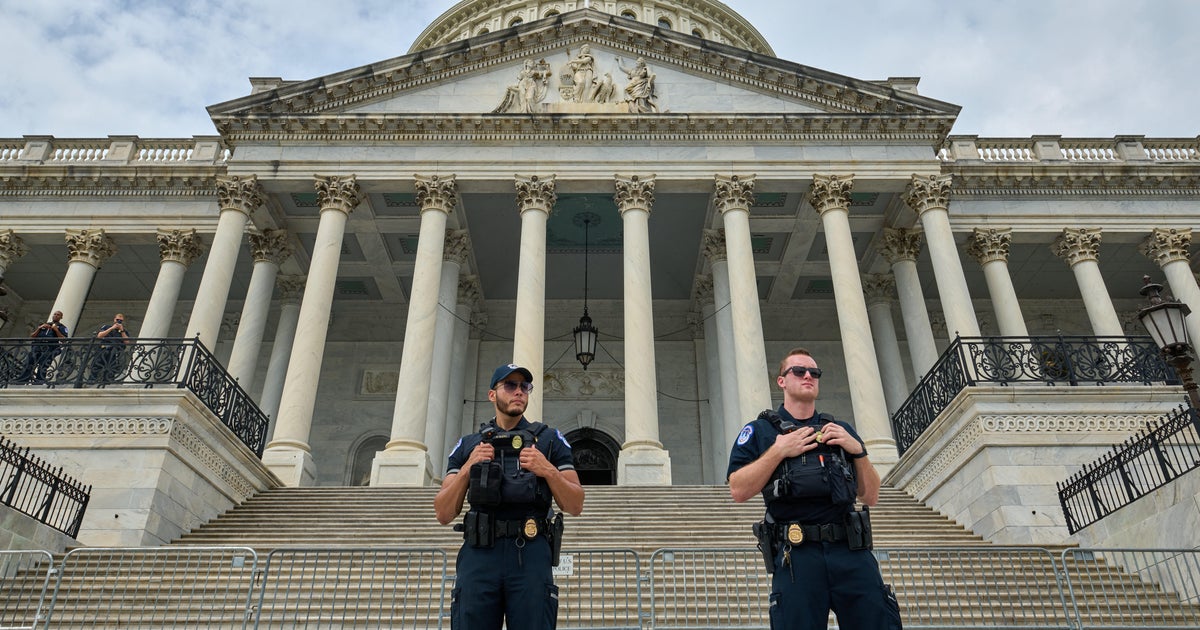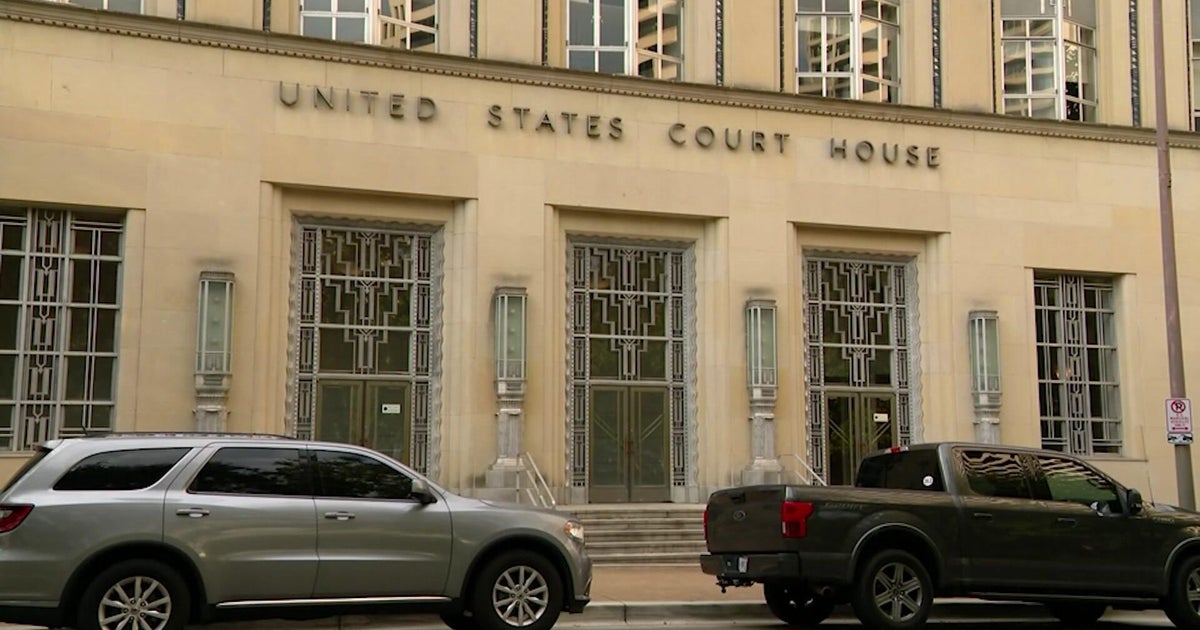Clemens Lawyers Play Up Pitcher's Work Ethic
WASHINGTON (AP) - Lawyers have launched their defense of Roger Clemens with what seemed more like a testimonial dinner than a trial, putting on a pair of witnesses who described in reverential terms the famed baseball pitcher's work ethic in high school and college.
The message the defense began hammering home Tuesday was that hard work, not steroids or human growth hormone, turned Clemens into a great pitcher. That came after prosecutors used two dozen witnesses over 19 days to try to prove that Clemens lied to Congress in 2008 when he denied taking performance-enhancing drugs.
One of Clemens' former high school teammates in Texas, Todd Howey, said he and his friends would see Clemens jogging on Friday nights while they were out "looking for trouble." Clemens did so many runs in the outfield that he dug a trail that looked like it had been carved by a cow in a pasture, the witness testified.
"I've yet to see anybody work like Roger Clemens," Howey said. Despite the dedication, Clemens was not an exceptional pitcher back then, he said, reaching only 83-84 mph on his fastball.
"We just didn't think he was that good," he said.
But when Howey played against him in college -- Howey for Texas Tech and Clemens for the University of Texas -- Clemens was throwing a lot harder.
"He proved us all wrong," Howey said, who talked so fast he had to be slowed down by the court reporter and Clemens lawyer Rusty Hardin.
"You're one of those unusual things -- a fast-talking Southerner," Hardin quipped.
Mike Capel, a former major league pitcher and longtime friend of Clemens, had played against him in high school and was a teammate in college. He made a similar observation about Clemens' transformation in college, describing him as a harder thrower, more athletic and trimmed down compared with high school. He said Clemens had a "very, very, very good" work ethic.
Clemens, who through most of the trial has taken frequent notes, put the pen down during their testimony but watched closely.
Prosecutors tried to exclude the glowing testimony, noting that seven government witnesses already testified during cross-examination how hard Clemens worked. They wrote in a filing late Monday that it invited jurors to infer that because Clemens didn't use performance-enhancing drugs early on, he must not have later in his career.
Prosecutors argued that if the testimony were to be allowed, the judge should let them rebut it with evidence from other players who also worked hard but still used steroids or HGH.
But U.S. District Judge Reggie Walton ruled against them on both counts.
"Athletes who are hard workers tend to last longer and perform better," said Walton, a former athlete himself who went to college on a football scholarship.
Clemens' lawyers started their case after the government rested Tuesday. The government's main witness was Clemens' former strength coach, Brian McNamee, who said he injected the ex-pitcher with steroids in 1998, 2000 and 2001 and with human growth hormone in 2000.
Clemens is charged with two counts of perjury, three counts of making false statements and one count of obstruction of Congress. All relate to his testimony at a congressional hearing in February 2008 and his deposition that preceded it.
The heart of the case is the allegation that Clemens lied when he said he had never used steroids or HGH, but the obstruction count included 15 statements, or "acts," in which Clemens is alleged to have misled Congress on a variety of issues. Walton dismissed two of those acts Tuesday.
The first dismissed act dealt with Clemens' claim that he had "no idea" that former Sen. George Mitchell wanted to talk with him in preparation for the 2007 Mitchell Report on drugs in baseball. The government couldn't prove otherwise because some of its evidence was ruled inadmissible due to rules over attorney-client privilege.
The second dismissed act deals with Clemens' statement in his 2008 deposition that "I couldn't tell you the first thing about (HGH)." The judge said that statement could be misinterpreted because it was asked in the context of whether Clemens had ever done any research into HGH.
Thirteen alleged misleading statements remain in the charges. The government only needs to prove one to gain a conviction for obstruction of Congress.
One of the government's final witnesses was Anthony Corso, who worked out with McNamee in New York City. Corso related a pair of conversations meant to show that McNamee didn't start making up allegations and fabricating evidence against Clemens to placate federal investigators in 2007.
"Mr. McNamee had mentioned that Mr. Clemens was one of the athletes that was getting positive results from" HGH, said Corso, recalling a conversation from around 2002.
(© Copyright 2012 The Associated Press. All Rights Reserved. This material may not be published, broadcast, rewritten or redistributed.)
Also Check Out:
